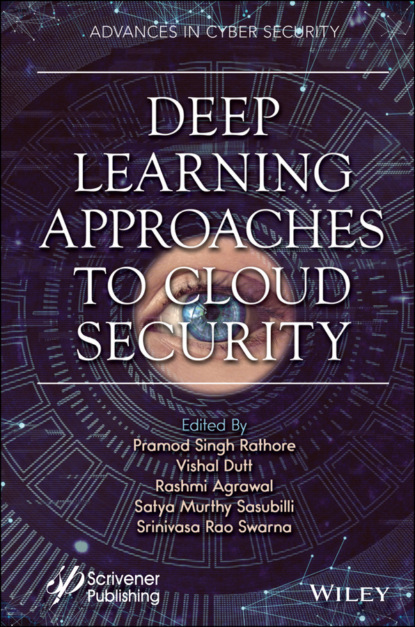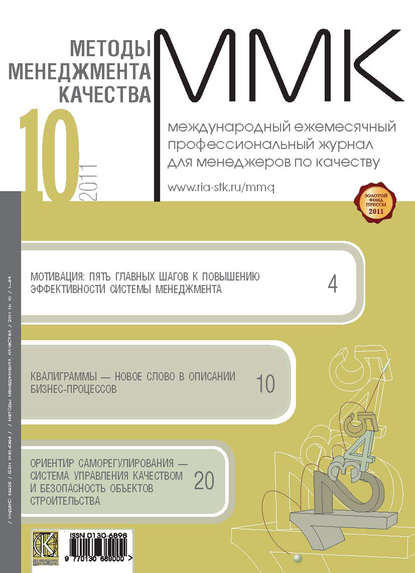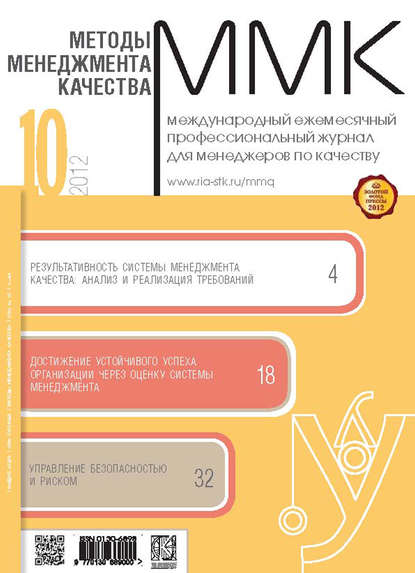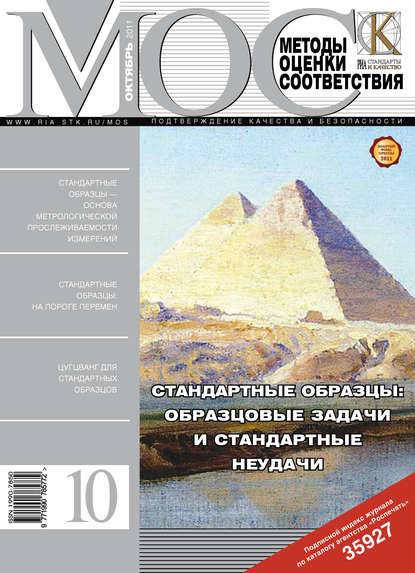Книга "Deep Learning Approached to Cloud Security" охватывает один из самых важных вопросов, стоящих перед обществом сегодня - безопасность облака. Эти авторы исследуют новые методы и подходы в рамках развивающегося глубокого обучения, позволяющие компьютерам учиться на собственном опыте и понимать мир через иерархию концепций, где каждая концепция определена через ее отношение к более простым концепциям.
This book focuses on a very important contemporary subject, namely the issues related to cloud security. The authors draw inspiration from the theories and approaches of modern computer science, which envisage an increased potential for artificial intelligence. The book highlights the role of artificial neural network, fuzzy logics, gene algorithms, or hybrid methods, as tools that can enable efficient depth in the process of designing an autonomous system for cloud security - one that is capable to adapt to the increasing number of threats. It also goes ahead to introduce and compare the various developments and frameworks of cloud security design. It opens a new door to researchers, engineers, postgraduate students, and executives, who wish to acquire the most cutting-edge knowledge about cloud-based business intelligence applications.
Электронная Книга «Deep Learning Approaches to Cloud Security» написана автором Группа авторов в году.
Минимальный возраст читателя: 0
Язык: Английский
ISBN: 9781119760504
Описание книги от Группа авторов
DEEP LEARNING APPROACHES TO CLOUD SECURITY Covering one of the most important subjects to our society today, cloud security, this editorial team delves into solutions taken from evolving deep learning approaches, solutions allowing computers to learn from experience and understand the world in terms of a hierarchy of concepts, with each concept defined through its relation to simpler concepts. Deep learning is the fastest growing field in computer science. Deep learning algorithms and techniques are found to be useful in different areas like automatic machine translation, automatic handwriting generation, visual recognition, fraud detection, and detecting developmental delay in children. However, applying deep learning techniques or algorithms successfully in these areas needs a concerted effort, fostering integrative research between experts ranging from diverse disciplines from data science to visualization. This book provides state of the art approaches of deep learning in these areas, including areas of detection and prediction, as well as future framework development, building service systems and analytical aspects. In all these topics, deep learning approaches, such as artificial neural networks, fuzzy logic, genetic algorithms, and hybrid mechanisms are used. This book is intended for dealing with modeling and performance prediction of the efficient cloud security systems, thereby bringing a newer dimension to this rapidly evolving field. This groundbreaking new volume presents these topics and trends of deep learning, bridging the research gap, and presenting solutions to the challenges facing the engineer or scientist every day in this area. Whether for the veteran engineer or the student, this is a must-have for any library. Deep Learning Approaches to Cloud Security: Is the first volume of its kind to go in-depth on the newest trends and innovations in cloud security through the use of deep learning approaches Covers these important new innovations, such as AI, data mining, and other evolving computing technologies in relation to cloud security Is a useful reference for the veteran computer scientist or engineer working in this area or an engineer new to the area, or a student in this area Discusses not just the practical applications of these technologies, but also the broader concepts and theory behind how these deep learning tools are vital not just to cloud security, but society as a whole Audience: Computer scientists, scientists and engineers working with information technology, design, network security, and manufacturing, researchers in computers, electronics, and electrical and network security, integrated domain, and data analytics, and students in these areas



















